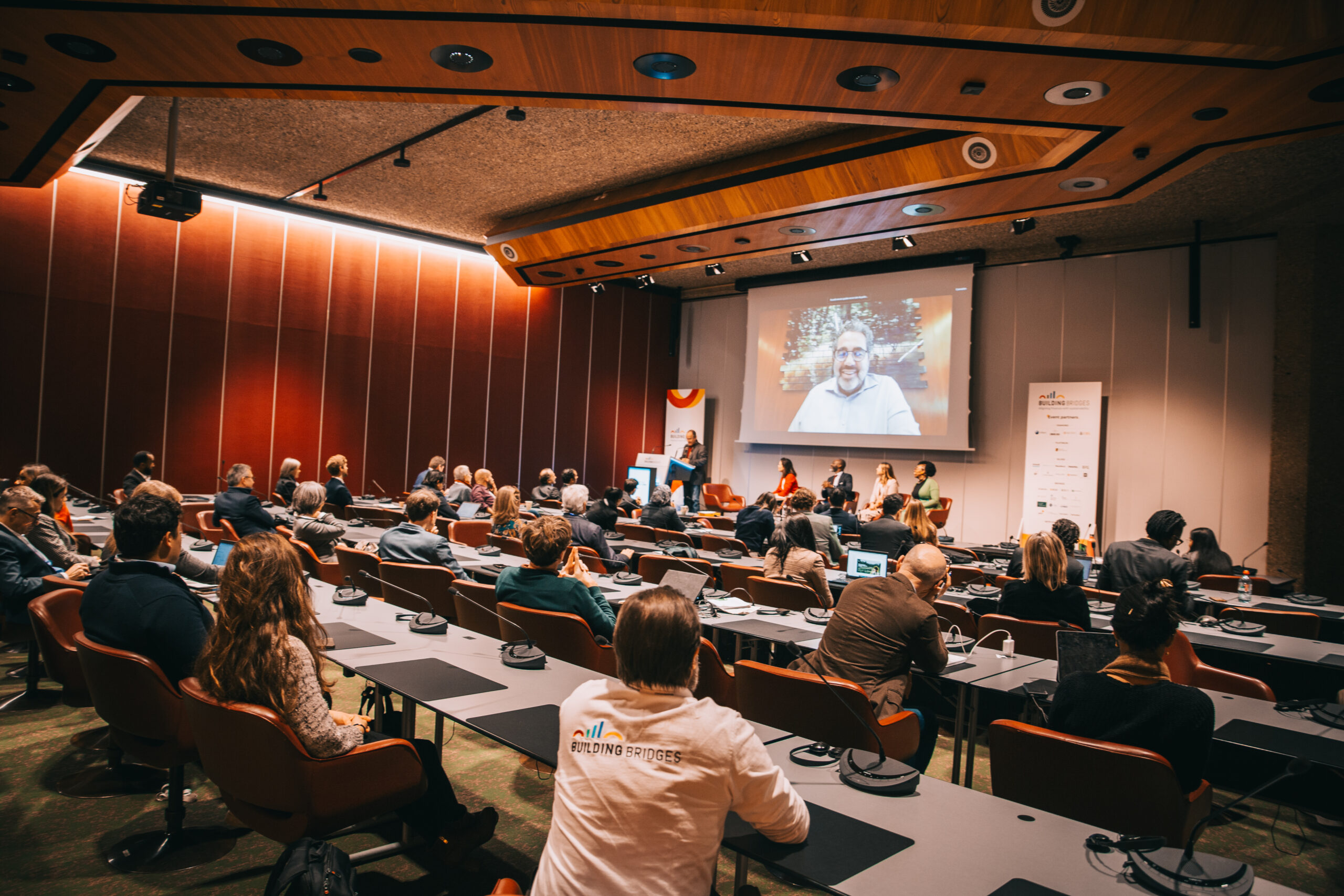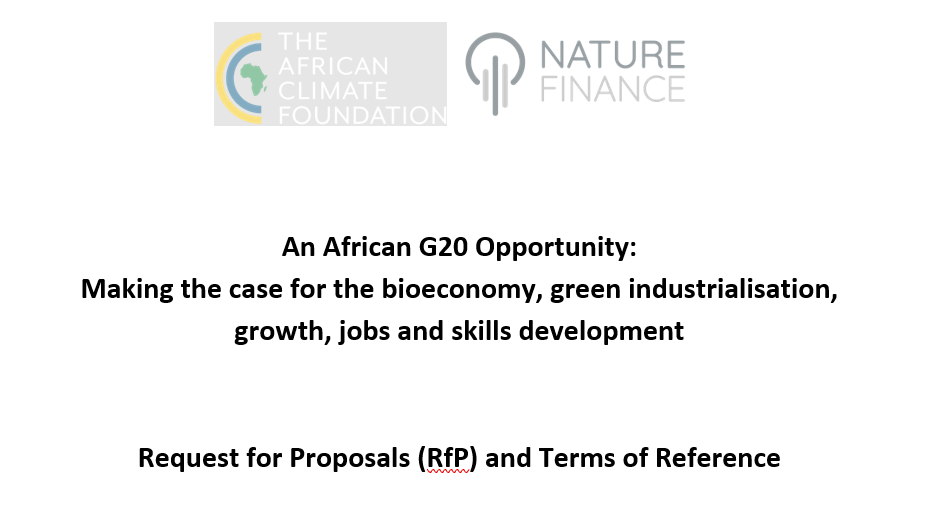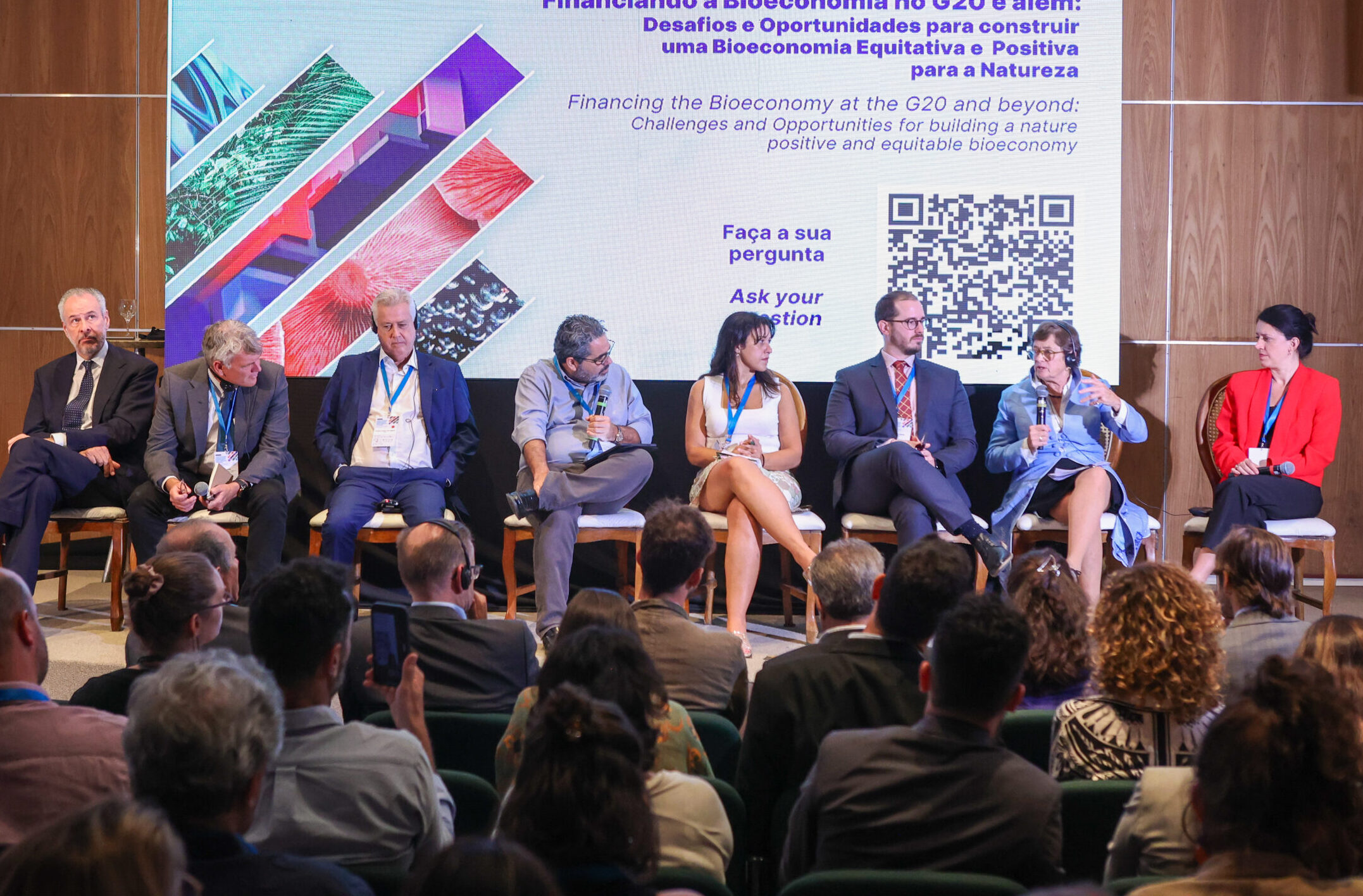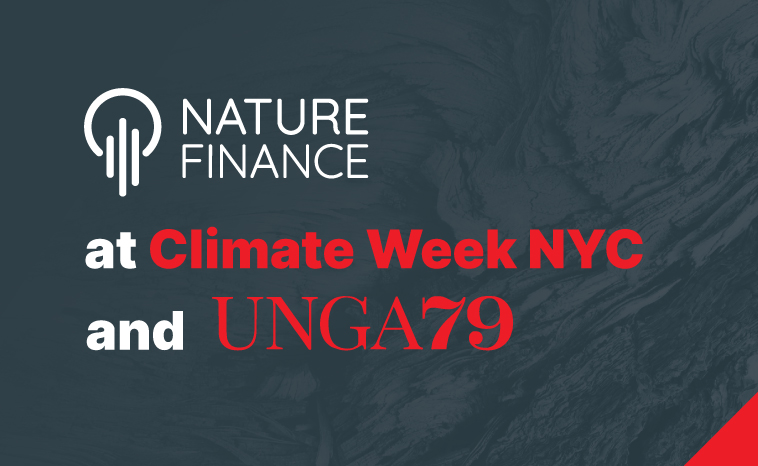

- New report explores the potential for biodiversity credits in Africa
- Over 30 biodiversity credit projects mapped
- Almost 100 stakeholders interviewed
As governments gather in Colombia for the UN meeting on Biodiversity (CBD COP 16) one of the key issues is finance. How can countries in the global South benefit from nature, both financially and sustainably for the future? Biodiversity credits may be one answer – though only if they are done with integrity and are shaped for the country and communities they are developed in. NatureFinance in partnership with the African Natural Capital Alliance (ANCA) is launching a new, groundbreaking report highlighting a significant opportunity for investors and policymakers to drive sustainable finance into African conservation and restoration efforts through biodiversity credits.
The study, “Investing in Africa: Investing in Nature,” maps the emerging landscape of biodiversity credits across the African continent and explores how these innovative instruments can channel private finance into conservation. It presents three potential market scenarios for how African biodiversity credit markets could evolve: a localised, community-led market development scenario; a globalised, market-based scenario and an orchestrated, policy enabled scenario.
This report comes at a crucial time: African developers are actively shaping international methodology and engaging with global biodiversity credit fora to support high-integrity, equitable biodiversity credit systems. With South Africa set to chair the G20 in 2024/2025, nature-rich countries are clearly coming together to lead the way towards new, nature-positive development models and governance frameworks.
The report not only highlights Africa’s potential as a key player in global conservation but also the urgent need for a three-fold strategy to support nature conservation to ensure biodiversity credits promote equity, transparency, and high-impact conservation.
Drawing on interviews with nearly 100 stakeholders and mapping over 30 projects across the continent, the report outlines ten key findings including:
Despite increasing evidence of innovative and robust project development and supply side collaborations, there is currently no active market for biodiversity credits in Africa at the national or regional levels.
Given the current lack of policy, legislation, and regulation covering biodiversity credits at the national or regional level across the continent, there are serious governance risks in terms of measurable nature impacts, community benefits and overall quality control, as witnessed with carbon credit markets.
It also makes six key recommendations.
- Setting minimum price floors to ensure fair prices as well as fair and equitable economic benefits for both nature-rich countries and on the ground stewards, local communities and developers.
- Ensuring effective representation of the views of Indigenous Peoples and Local Communities in emerging national and international governance platforms.
- Derisking measures for both buyers and sellers would encourage investment into Biodiversity credit markets while increasing transparency.
- Support development of high integrity, quality biodiversity credits, with verifiable impacts on nature and people.
- Market incentives and disincentives to drive and govern demand among buyers leading to mandatory contributions.
- Equitable market access by enabling market governance across biodiversity related policy.
Commenting on the report, Dorothy Maseke, Head of Secretariat, African Natural Capital Alliance (ANCA), said: “This report highlights a key opportunity for investors and policymakers to drive conservation and restoration efforts through biodiversity credits across the continent. But it also underlines the urgent need to develop policy, legislation, and regulation in this area if we are to avoid some of the problems we’ve seen in carbon credit markets around measurable impacts, community benefits and overall quality control.”
Monique Atouguia, Program Manager, Nature Markets, NatureFinance, said: ”The African biodiversity credits mapped in this study offer an unmatched range of investment opportunities across diverse African landscapes, ecosystems, and species, all of this amid an emerging and evolving nature finance ecosystem and a biodiversity crisis. Almost two years since world’s biodiversity plan was adopted, we are yet to see scaled and sustained private financial flows into nature, creating meaningful incentivised pathways. This is an existential crisis, felt acutely across the African continent. Getting these market mechanisms right, in a well thought out, governed and policy enabled environment is critical to reversing the increasingly destructive land use change across the continent and globally, and finding a more sustainable economic alternative.”
For media and interviews
Anastasia Biselli: anastasia.biselli@naturefinance.net
Hudson Sandler: anca@hudsonsandler.com
Spokespeople
Dorothy Maseke: dorothy@fsdafrica.org
Monique Atouguia: monique.atouguia@naturefinance.net
Further resources
https://www.naturefinance.net/resources-tools/investing-in-africa-investing-in-nature/
https://africannaturalcapitalalliance.com/
About Africa and biodiversity
The African continent is a biodiversity superpower, home to over a quarter of the world’s intact ecosystems and iconic species. Africa’s forests alone sequester the equivalent of 20% of the EU’s carbon emissions or 75% of Africa’s total emissions. The continent also boasts 65% of the world’s arable land, 25% of global biodiversity, and 20% of the planet’s tropical rainforest—making African ecosystems critical for global sustainability.
About NatureFinance
NatureFinance is a Swiss-based, international not-for-profit organisation dedicated to aligning global finance with more equitable, nature positive outcomes. We work to make nature count in global finance and the global economy. NatureFinance is active in advancing the use of data to disclose and manage nature related risks, developing impactful and equitable nature markets, and advancing financial innovation in the areas of sovereign debt and nature positive investment. We develop tools to help financial actors better assess and align their investments with nature positive outcomes and push for stronger costs and consequences where finance is failing to address nature liabilities.
About the African Natural Capital Alliance (ANCA)
ANCA is an African-led collaborative multi-stakeholder initiative, acting as the vehicle to drive coordinated nature-related advocacy and action across the continent. ANCA was established in 2022 by FSD Africa out of a need to ensure an African Voice on the global nature agenda. With growing global interest in nature, including in the development of nature-related risk frameworks and standards, there is an urgent need to ensure these emerging approaches can be applied to an African context. ANCA brings some of Africa’s leading financial institutions including the Kenya Commercial Bank (KCB), Access Bank, the Development Bank of Southern Africa (DBSA), Ecobank, Equity Bank, FirstRand, Investec, Sanlam, Standard Chartered and Zanaco together with governmental organisations, intergovernmental partners, and civil society representatives to ensure an African Voice on the global nature agenda and with the ultimate aim of catalysing nature-positive African economies.








